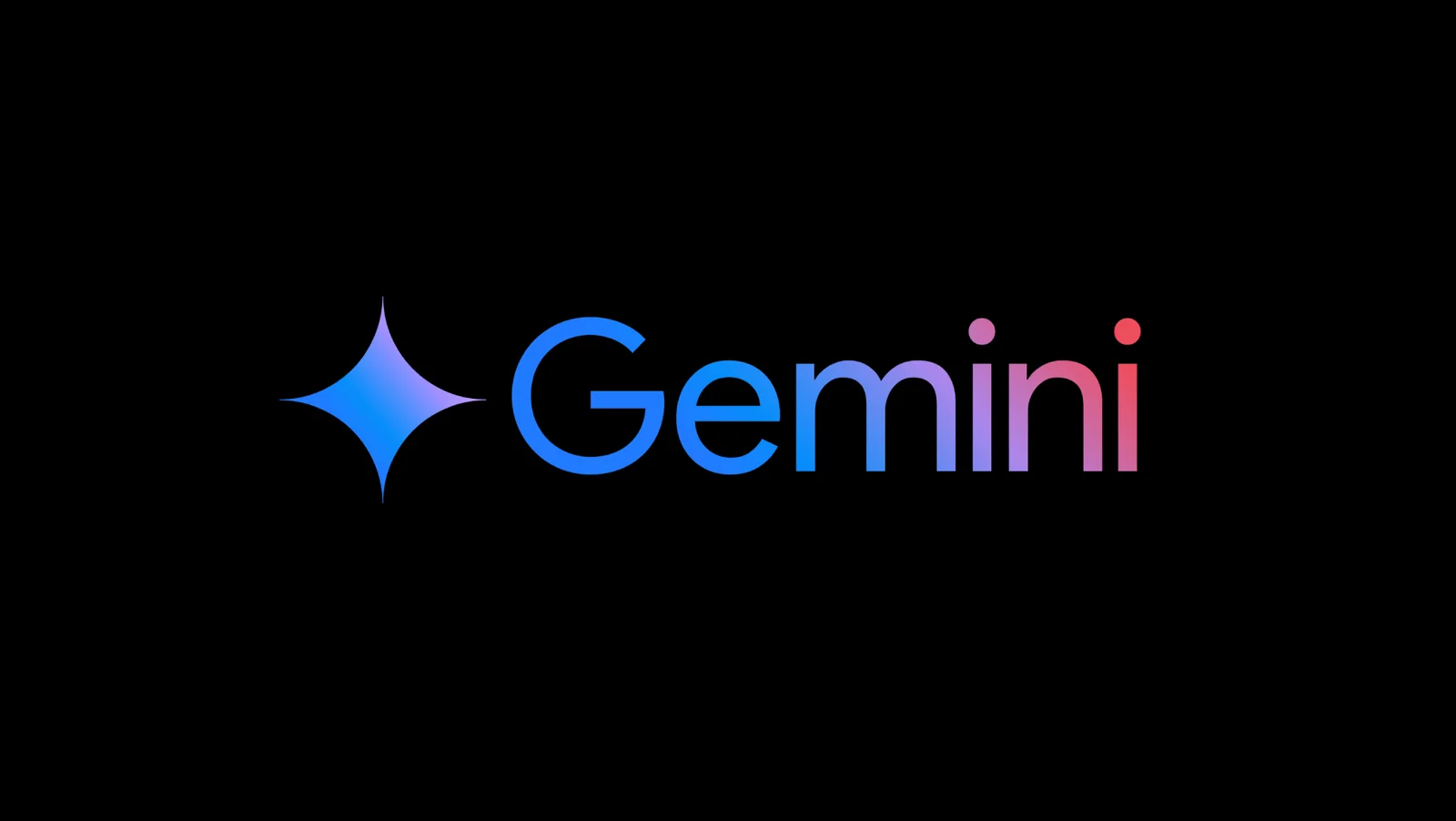China’s Ministry of Commerce announced plans to exempt specific Nexperia orders from its export ban, aiming to stabilise the global semiconductor supply chain after the Netherlands seized control of the Chinese-owned Dutch chipmaker.
The ministry stated that exemptions would be granted when the criteria were met, encouraging affected firms to apply.
A move that follows a meeting between Chinese President Xi Jinping and US President Donald Trump in Busan, where both sides reached a framework allowing Nexperia to resume shipments under eased restrictions.
Washington reportedly agreed to pause the 50 percent subsidiary rule, which restricts exports from companies half-owned by entities on its trade blocklist. Wingtech Technology, Nexperia’s Chinese parent, has been under these restrictions since December.
Beijing’s export ban, introduced after the Dutch takeover citing national security concerns, disrupted supplies from Nexperia’s Dongguan factory, which assembles about 70 percent of its products.
China condemned the Netherlands for intervening in corporate affairs, warning that such actions deepen global supply chain instability.
Would you like to learn more about AI, tech and digital diplomacy? If so, ask our Diplo chatbot!









